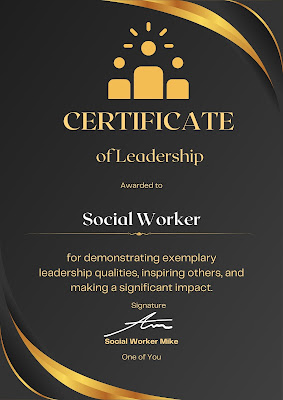As a social worker, Tanya had always believed that everyone deserved to feel confident and beautiful, regardless of their background or circumstances. But as she worked with individuals and families experiencing poverty and homelessness, she saw firsthand the impact that a lack of resources and self-care could have on their mental health and well-being.
Tanya knew that fashion and beauty could be powerful tools for building confidence and self-esteem. She started incorporating fashion and beauty tips into her work, teaching her clients how to dress for success and how to care for their skin and hair on a budget.
Tanya's approach was a hit with her clients, and soon she found herself inundated with requests for beauty and fashion advice. She started a blog where she shared her tips and tricks, from thrifting for stylish clothing to creating DIY beauty products from natural ingredients.
One day, Tanya met a young woman named Sarah who was struggling with low self-esteem and body image issues. Sarah had experienced trauma in her life and was hesitant to try anything that might make her stand out.
Tanya knew that fashion and beauty could help Sarah feel more confident and comfortable in her own skin. She took Sarah on a shopping trip to a local thrift store, showing her how to find pieces that would flatter her body type and fit her style. She also taught Sarah how to do a simple makeup routine that would enhance her natural beauty.
The transformation in Sarah was remarkable. She started standing taller and smiling more, and her confidence grew with each passing day. She even started experimenting with bold fashion choices and bright lipstick colors, something she never thought she would do before.
Tanya had not only helped Sarah feel more confident and beautiful but had also given her the tools to continue her journey of self-care and self-love.
Through her blog, fashion workshops, and one-on-one interactions with her clients, Tanya had become known as the "beauty social worker" and had inspired others to embrace their own unique beauty and style.
Tanya had learned that fashion and beauty were more than just superficial trends; they were powerful tools for promoting confidence, self-love, and empowerment. And as long as she continued to share her love for fashion and beauty with others, she knew she could make a difference in the lives of those she served.







